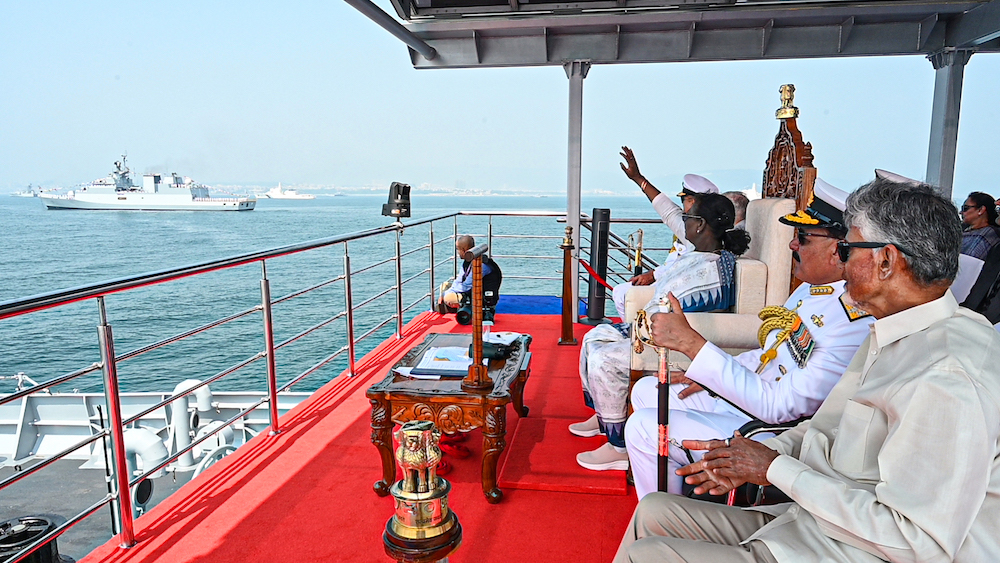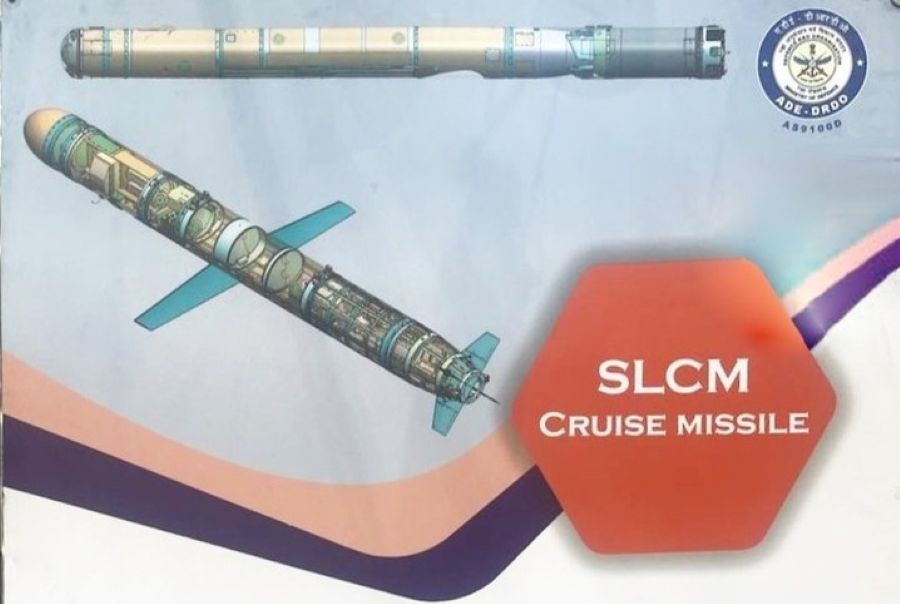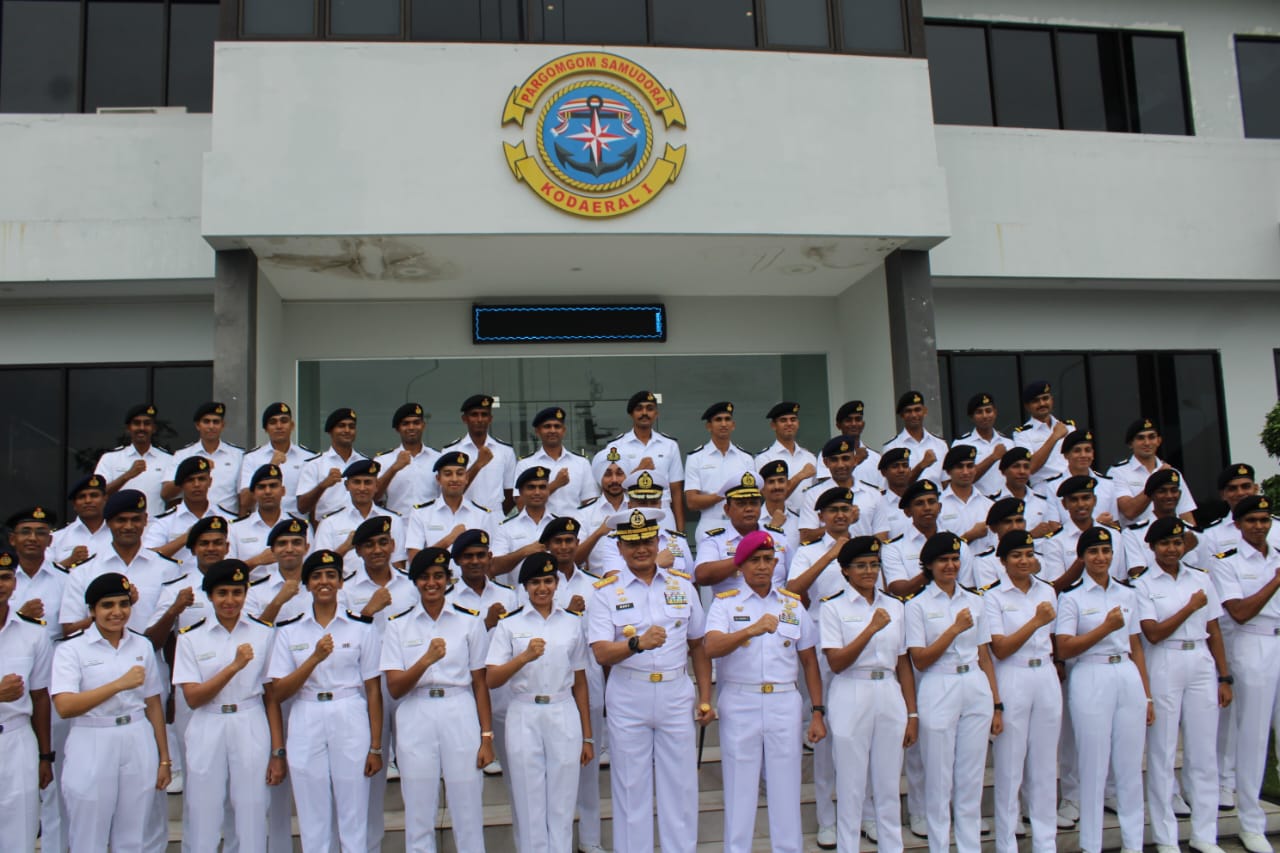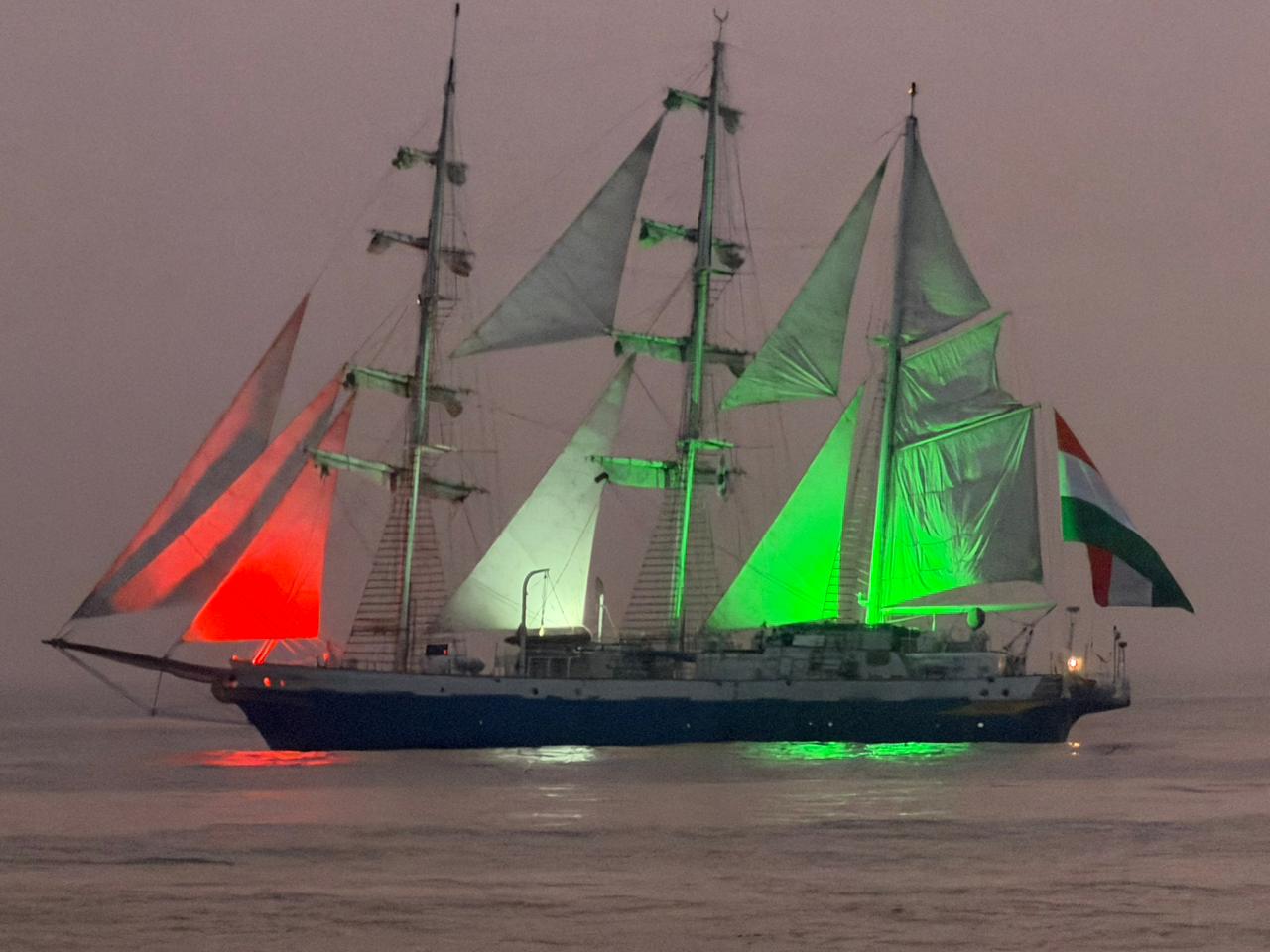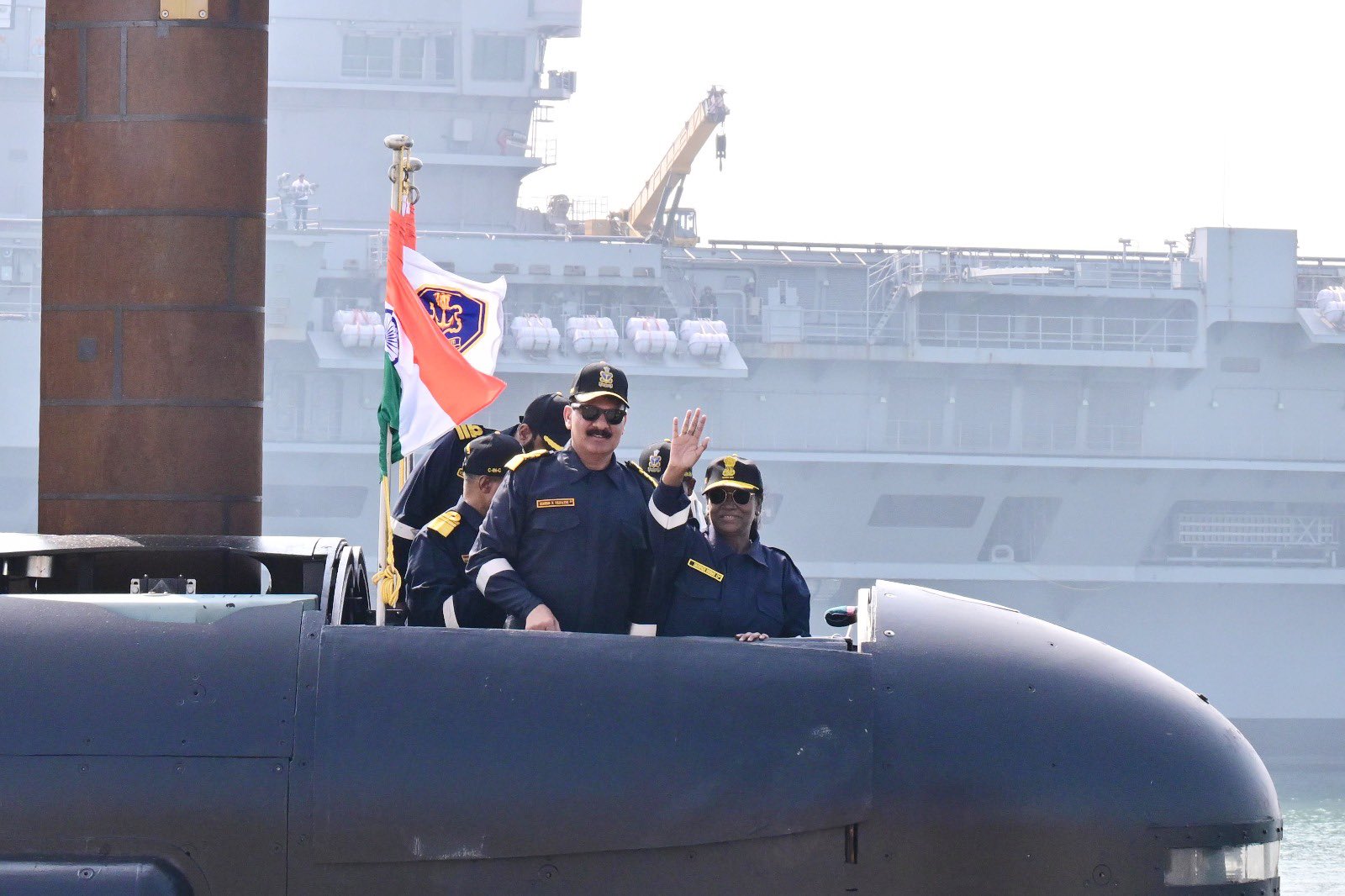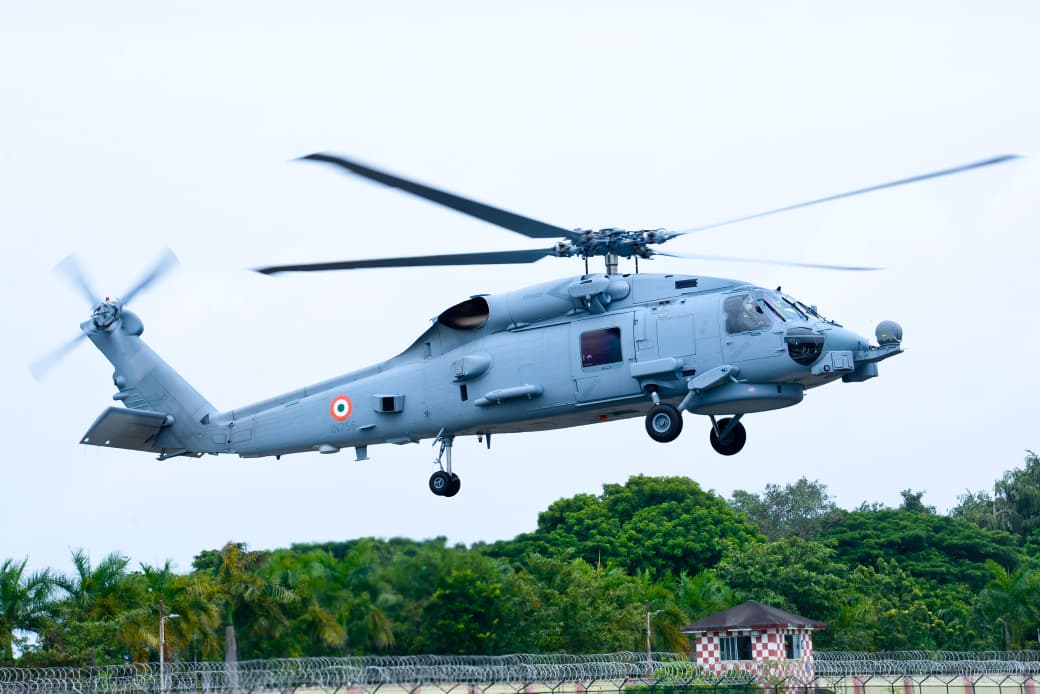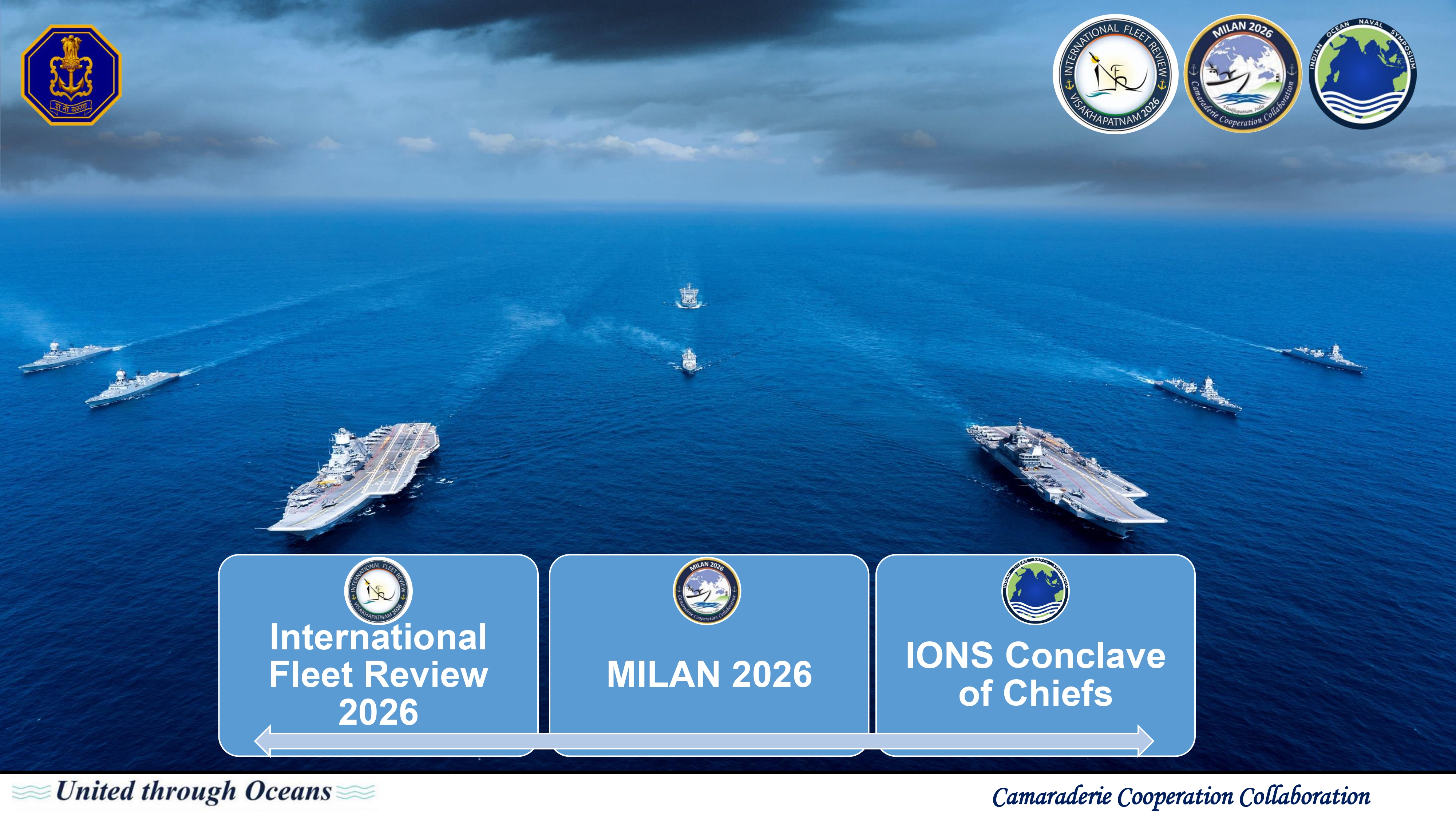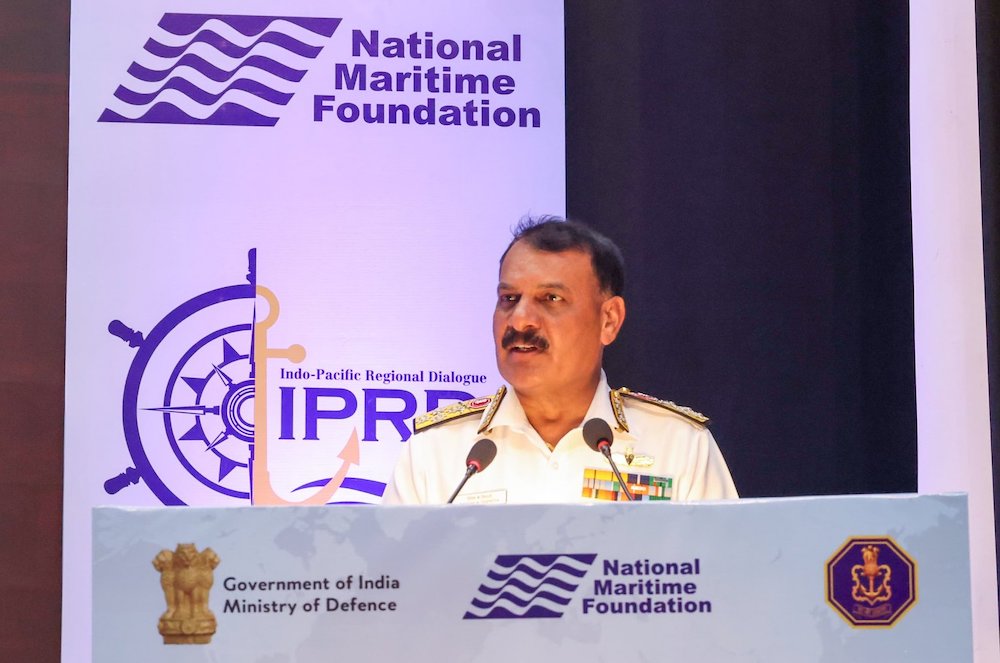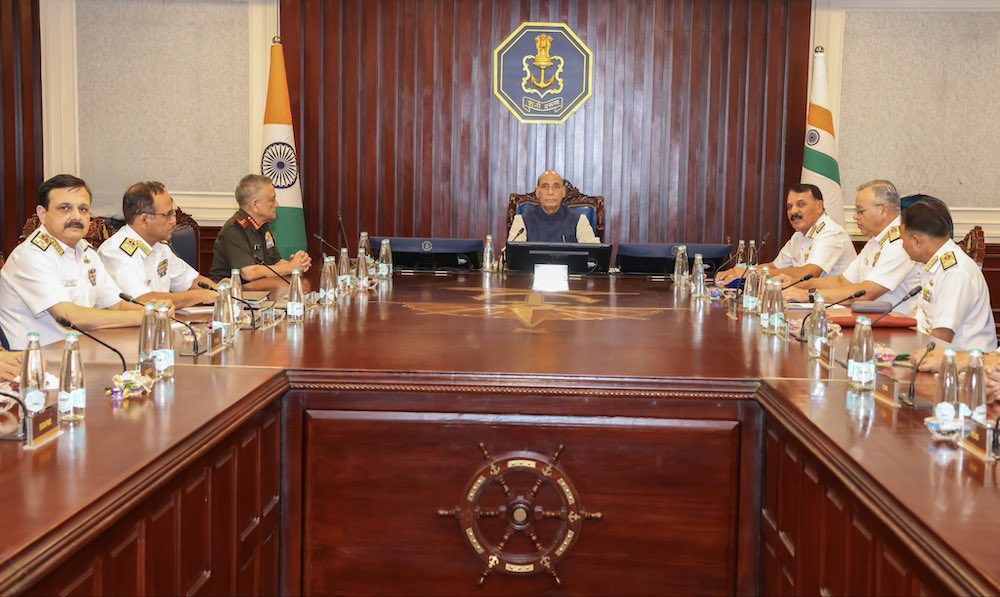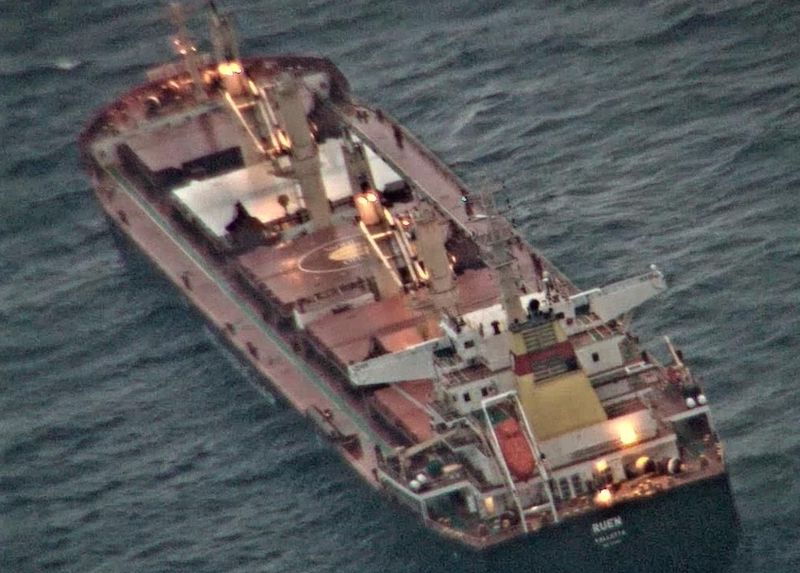 MV Ruen. (Photo: Indian Navy)
MV Ruen. (Photo: Indian Navy)
New Delhi: The Indian Navy said its “mission deployed” platforms responded to a distress call sent by a Malta-flagged vessel, MV Ruen, in the Arabian Sea. The Navy, suspecting a piracy attempt, said it diverted a maritime patrol aircraft and a warship on anti-piracy patrol in the region towards the Maltese merchant vessel that sent the mayday signal and added that it was closely monitoring the ship’s movement.
The ship is reported to be moving towards the Somalia coast, which is a hotbed of pirates operating from the Gulf of Aden through the Arabian Sea to the Indian Ocean.
In a statement on Saturday, the Navy said the vessel, with 18 crew members, had sent a mayday message on UKMTO (United Kingdom Maritime Trade Operations) portal, on Thursday, indicating that approximately six unknown people had boarded the vessel [in the high seas]. The Navy then immediately diverted a maritime patrol vessel and a warship deployed for an anit-piracy mission in the Gulf Aden to locate and assist MV Ruen.
In the statement, the Navy also added that the warship was able to intercept the Maltese vessel and was closely monitoring its movement as it sailed towards the Somalia coast in East Africa.
The service further said, “The Indian Navy remains committed to being a first responder in the region and ensuring safety of merchant shipping, along with international partners and friendly foreign countries.”
#IndianNavy's Mission Deployed platforms respond to #hijacking in the #ArabianSea#MayDay msg from Malta Flagged Vessel MV Ruen on @UK_MTO portal - boarding by unknown personnel
— SpokespersonNavy (@indiannavy) December 16, 2023
Indian Naval Maritime Patrol Aircraft & warship on #AntiPiracy patrol immediately diverted@EUNAVFOR pic.twitter.com/mtXqjytSfF
According to the UKMTO MV Ruen was heading towards Somalia when it was attacked. Since then, the crew has lost control of the vessel.
It may be noted that hijacking of ships dipped drastically after nations with stake in the smooth running of commercial maritime shipping in the Indian Ocean Region (IOR) came together and started using their maritime forces for stopping the menace of piracy, especially the threat from Somali pirates. The Indian Navy along with other navies, including the navies of the United States and China, have warships deployed in the Arabian Sea and Gulf of Aden all throughout the year.
The last prominent attempt of hijacking a merchant ship by Somali pirates in the area happened in February 2018 when the Singapore-flagged MT Leopard Sun was fired upon by two small pirate boats. The incident took place around 160 nautical miles (300 kilometres) off the Somali coast.
The ship’s security team returned fire and thwarted the pirates’ attempt.
Piracy off Somalia coast
Ever since Somalia plunged into civil war in the early 1990s, its coastline became a breeding ground for pirates, posing a major threat to international shipping. This wasn’t just a local nuisance; by the early 2000s, the world was alarmed by the surge in piracy attacks.
The piracy problem reached such a level that it started disrupting global trade. Ships carrying vital supplies were hijacked, deliveries delayed, and costs rocketed. Oceans Beyond Piracy, which mobilizes maritime community stakeholders, develops public-private partnerships at sea and ashore, and advocates for international legal change to end maritime piracy, estimated that piracy off the Somalia coast was costing global trade a staggering $6.6-$6.9 billion annually.
However, it wasn’t just about stolen cargo. The fear of pirate attacks forced shipping companies to reroute, adding days and precious fuel to their journeys, thus hiking transportation costs.
Apart from this, piracy got a boost when it itself became a thriving industry and the pirates themselves became a lucrative business for profiteers.
The German Institute for Economic Research discovered a network of shadowy figures who cashed in on the fear. For example, insurance companies saw their profits swell as they hiked premiums to cover the new risk maritime zones. It was a perverse twist, where fear itself became a commodity.

